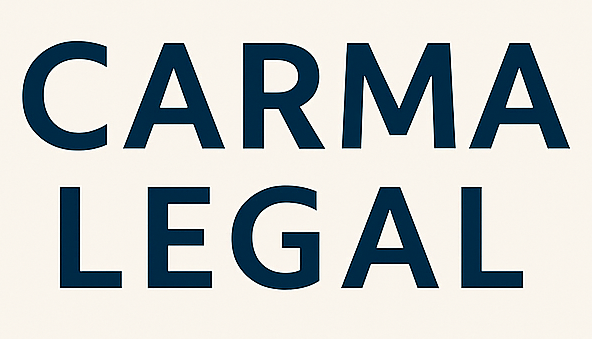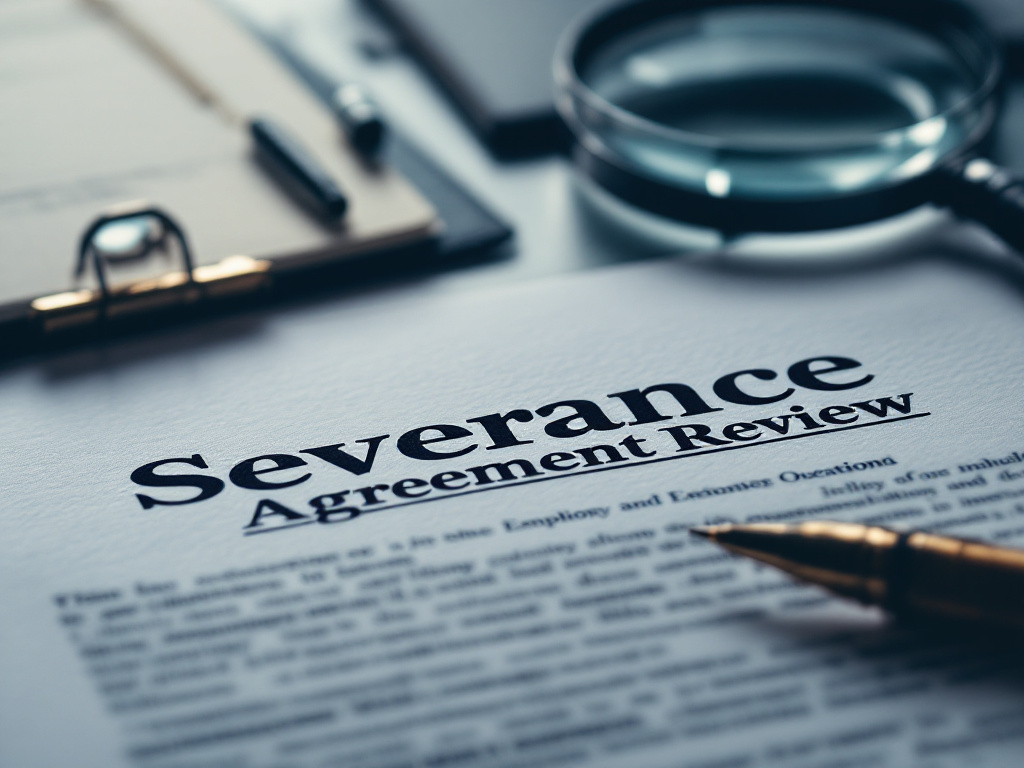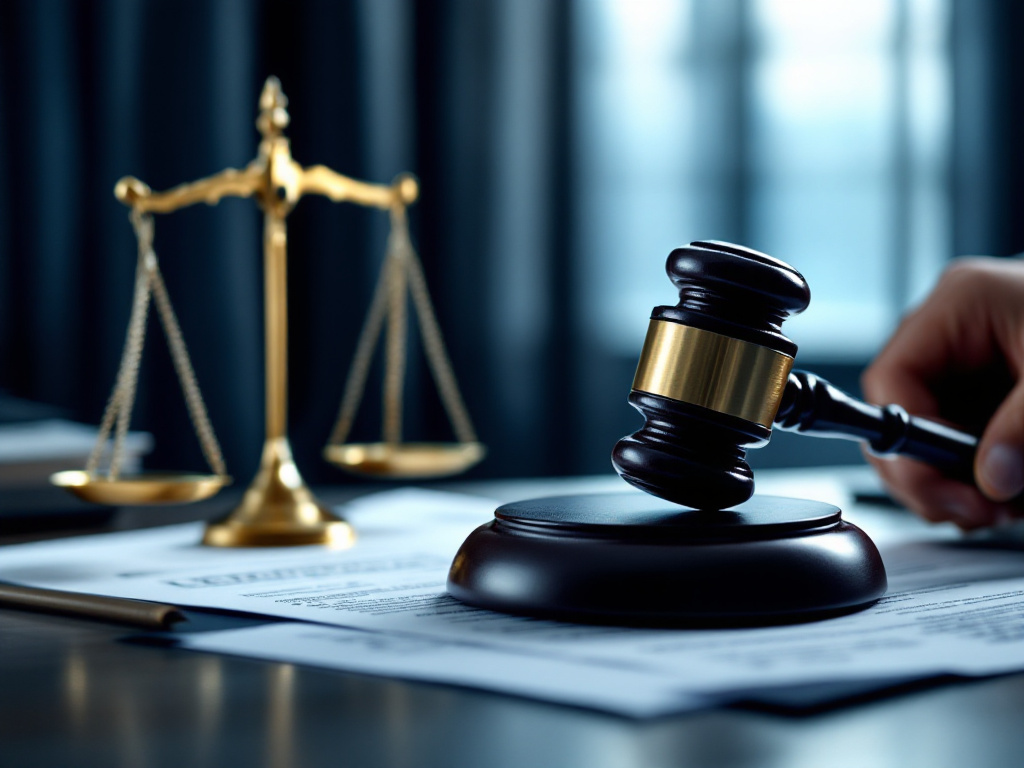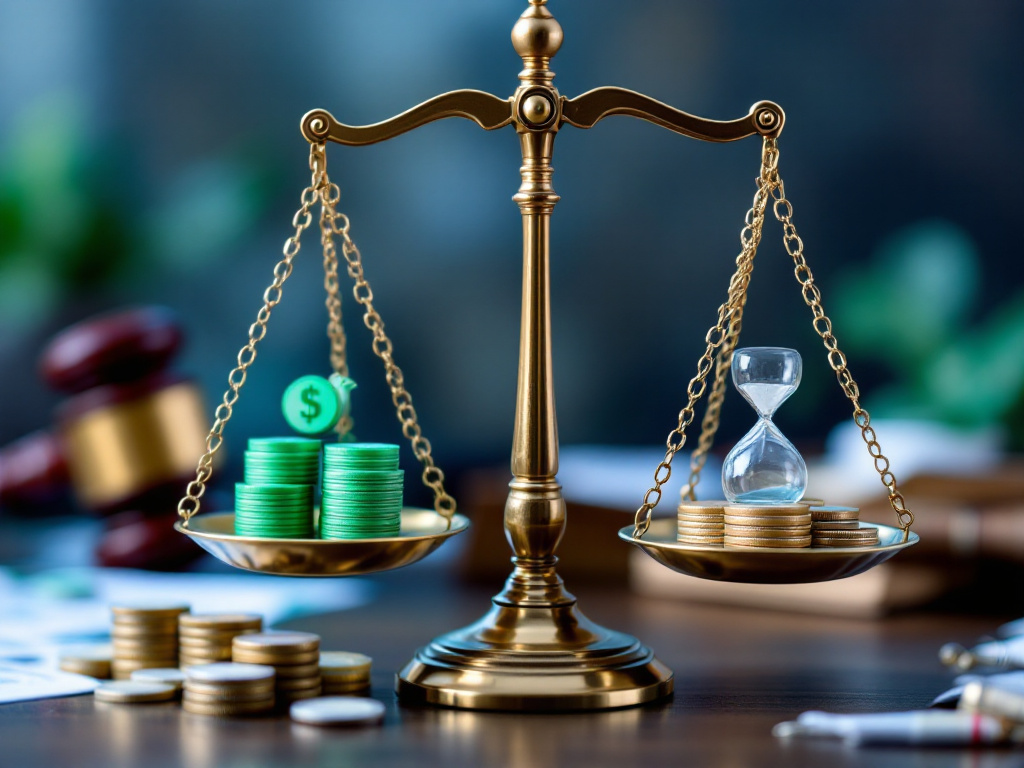Understanding premises liability
If you’ve suffered an injury in a hotel due to a slippery floor, broken stair, or other unsafe condition, you’re likely weighing your options for seeking compensation. A hotel slip and fall attorney can guide you through the intricacies of premises liability law, advocating for your rights and pursuing fair recovery for medical bills, lost wages, and pain and suffering.
Premises liability holds property owners and operators accountable when they fail to maintain a safe environment. In a hotel context, this duty of care extends to guest rooms, lobbies, hallways, pool areas, and parking lots. When an accident occurs, your attorney will work to establish negligence by proving four critical elements [1]:
Elements of negligence
Duty of care
A hotel owes you a reasonable standard of safety. This means regular inspections, prompt repairs, and clear warning signs for hazards such as wet floors or damaged carpeting.
Breach of duty
You must show the hotel failed to meet its safety obligations—for example, by allowing a spill to remain unaddressed or neglecting to repair a broken handrail.
Causation
Your attorney will link the hotel’s breach directly to your injury. If you slipped on an unmarked puddle, evidence must demonstrate that the negligent condition caused your fall.
Damages
Finally, you must have suffered actual losses—medical treatment costs, rehabilitation expenses, lost income, or ongoing discomfort—to support your claim.
Having a clear understanding of these elements helps you and your lawyer build a strong case, demonstrating that the hotel’s negligence directly resulted in your harm.
Common hotel hazards
Hotels offer many amenities, but they also present diverse risks. Recognizing frequent causes of guest injuries can help you and your attorney focus your investigation on key liability issues.
Slip and fall dangers
- Wet or slippery floors in lobbies, dining areas, and corridors
- Uneven or damaged carpeting, torn rugs, or loose tiles
- Poor lighting in stairwells or parking structures
- Missing or damaged handrails on staircases
- Pool deck puddles, algae buildup, and lack of non-slip mats [2]
- Shower stalls without grab bars or non-slip surfaces [3]
- Icy walkways or unattended snow near entrances
Other injury scenarios
- Elevator and escalator malfunctions causing falls or entrapment [4]
- Broken furniture, collapsing beds, or unstable fixtures
- Inadequate security leading to assaults or criminal acts
- Food poisoning from unsanitary kitchen conditions
- Swimming pool accidents, including diving injuries and drowning risks
Real-world example: two Korean nationals filed lawsuits against major Guam hotels after slip and fall incidents that allegedly stemmed from negligent maintenance. Each plaintiff demanded over $1 million, underscoring the significant impact of serious injuries on victims’ lives [5].
Working with your attorney
When you engage a hotel slip and fall attorney, you’ll move through several key phases as your claim progresses from initial consultation to resolution.
Initial consultation
During your first meeting, the lawyer will:
- Review the facts of your accident, including where and how you were injured
- Assess your medical records and current treatment plan
- Advise on the strength of your claim under premises liability law
- Explain fee arrangements, typically contingency based (no fees unless you recover compensation)
Investigation and evidence
Your attorney will gather critical proof to establish negligence and damages:
- Maintenance logs and inspection reports to show gaps in safety protocols
- Surveillance footage capturing the hazard or your fall
- Witness statements from staff or other guests present at the time
- Medical records, doctor’s reports, and billing statements
Collecting this evidence promptly is essential. Preserving photographs of the hazard, securing CCTV clips, and obtaining contact details for witnesses can make or break your case.
Negotiation and settlement
Most hotel injury claims settle out of court. Your lawyer will:
- Calculate compensation for medical expenses, lost income, pain and suffering, and future care needs [6]
- Present a demand package to the hotel’s insurer, outlining your losses and legal basis for liability
- Negotiate a fair settlement, leveraging expertise in comparative negligence rules (for example, Missouri follows a pure comparative negligence doctrine, reducing recovery by your percentage of fault) [1]
Litigation process
If negotiations stall, your attorney will file a lawsuit and guide you through:
- Pleadings and discovery, including depositions and document exchange
- Motions to resolve legal disputes before trial
- Settlement conferences or mediation to explore resolution options
- Trial, if necessary, where your lawyer presents evidence and argues your case before a judge or jury
A skilled attorney navigates both negotiation and litigation, ensuring you pursue the maximum compensation you deserve.
Choosing the right attorney
Selecting the ideal lawyer can significantly affect the outcome of your claim. Keep these criteria in mind:
Relevant experience
Look for a lawyer who has handled hotel slip and fall or other premises liability cases. Their familiarity with hotel operators, industry safety standards, and insurer tactics can strengthen your position. You might also consider a premises liability lawyer or a personal injury attorney slip and fall if their focus aligns with your needs.
Fee structure
Most slip and fall attorneys work on contingency, meaning they advance costs and only collect a percentage of your settlement or verdict. Confirm there are no hidden fees and understand what costs you may owe if you choose to withdraw from representation.
Client feedback
Research reviews, testimonials, and case results. Satisfied clients often comment on communication, compassion, and effective negotiation. A reputable attorney will gladly share references or summaries of past successes.
Steps to take after injury
To protect your rights and preserve crucial evidence, act quickly following a hotel accident.
Seek medical attention
Your health is the top priority. Visit a doctor or emergency room, follow prescribed treatments, and keep detailed records of all medical visits and expenses.
Document the incident
- Report the injury to hotel management and request an incident report
- Photograph the hazard and surrounding area from multiple angles
- Write down names and contact information of witnesses
- Save your shoes, clothing, or any item involved in the accident
Contact legal counsel
Reach out to an attorney as soon as possible. Prompt action helps:
- Preserve maintenance records and surveillance footage
- Secure witness recollections before memories fade
- Ensure compliance with any state filing deadlines
For guidance, you can connect with an experienced slip and fall lawyer or an unsafe property condition lawyer who understands hotel injury claims.
Getting legal help
When you entrust your case to a qualified hotel slip and fall attorney, you gain an advocate who will:
- Clarify your legal rights under premises liability law
- Handle complex negotiations with powerful insurance companies
- Fight to maximize your compensation, covering medical bills, lost wages, and more
- Provide peace of mind, allowing you to focus on recovery
Don’t navigate this process alone. Contact a dedicated attorney to review your case and discuss next steps. With professional guidance, you can pursue the justice and financial relief you deserve after a hotel slip and fall accident.








